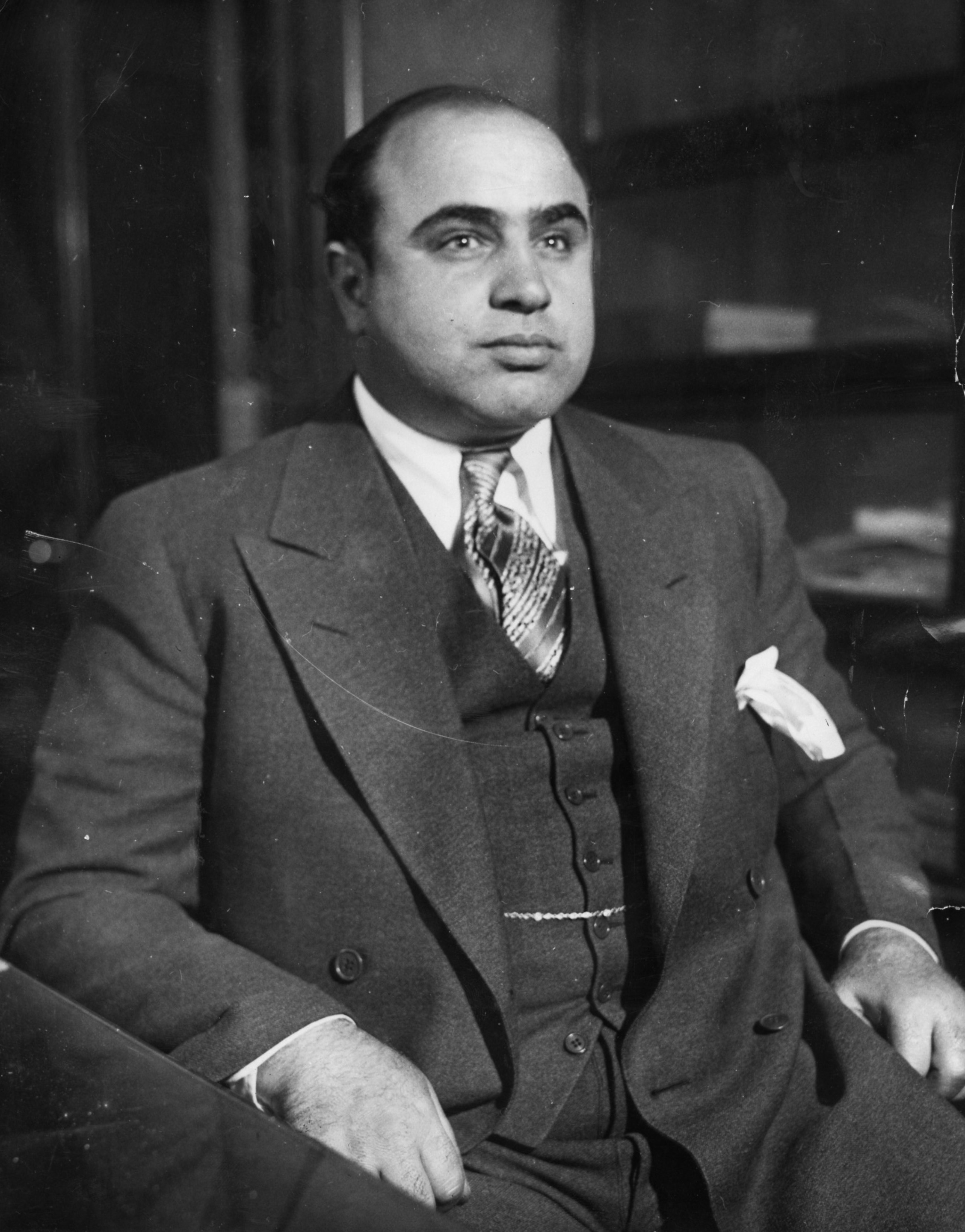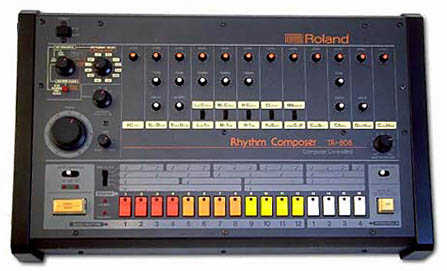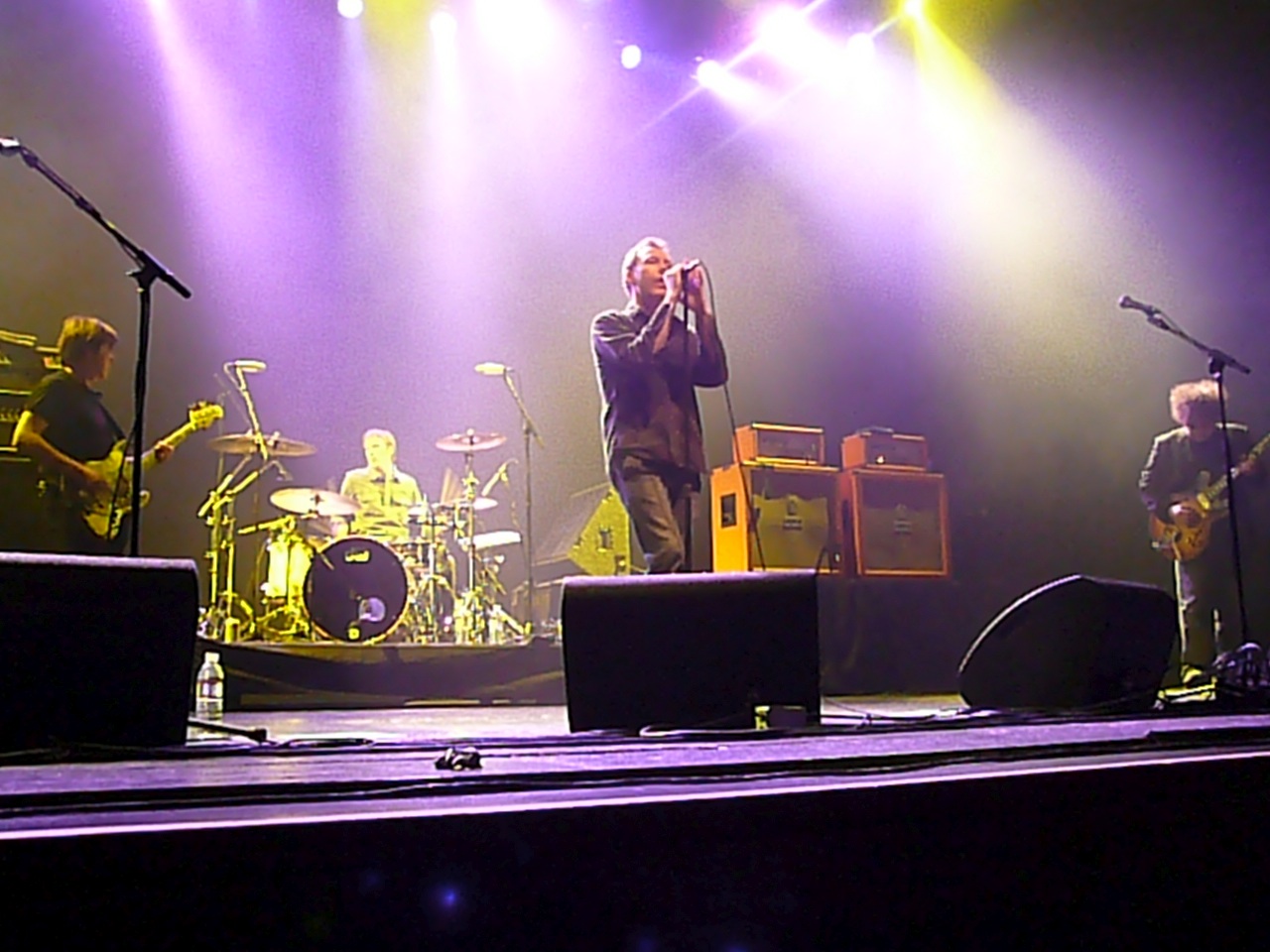|
Dour Festival
Dour Festival is an annual music festival in the municipality of Dour, Belgium. Since its creation in 1988, the festival has grown to an attendance of about 225,000 in 2015 (over 5 days). The first year, only five bands were programmed (including Bernard Lavilliers). The festival format now consists of 5 days, 9 stages and more than 280 bands and DJs. The festival's acts come from a wide range of genres, such as: electro, rock, drum and bass, pop, R&B, reggae, house, punk, hardcore, metal, hip-hop, indie, techno, and more. Music is played for 17 hours each day, from 12pm until 5am. The festival attracts a very international and mixed crowd, at the 2009 event 40% of attendees were from Wallonia or Brussels, 32% Flanders, 16% France, 5% the Netherlands, 5% the United Kingdom and 2% elsewhere. In January 2010, Dour Festival won the prize for the best medium-sized festival at the European Festival Awards. Stages The festival typically has the following stages: * The Last ... [...More Info...] [...Related Items...] OR: [Wikipedia] [Google] [Baidu] |
Dour
Dour (; pcd, Doû) is a municipality of Wallonia located in the province of Hainaut, Belgium. On 1 January 2006 the municipality had 16,810 inhabitants. The total area is 33.32 km2, giving a population density of 505 inhabitants per km2. The municipality consists of the following districts: Blaugies, Dour, Élouges, and Wihéries. Dour is often considered the western end of the ''sillon industriel'', the former industrial backbone of Wallonia. Since 1989, Dour has hosted the annual Dour Festival, a music festival A music festival is a community event with performances of singing and instrument playing that is often presented with a theme such as musical genre (e.g., rock, blues, folk, jazz, classical music), nationality, locality of musicians, or h ... covering various genres. See also * References External links * {{Authority control Municipalities of Hainaut (province) ... [...More Info...] [...Related Items...] OR: [Wikipedia] [Google] [Baidu] |
Flanders
Flanders (, ; Dutch: ''Vlaanderen'' ) is the Flemish-speaking northern portion of Belgium and one of the communities, regions and language areas of Belgium. However, there are several overlapping definitions, including ones related to culture, language, politics, and history, and sometimes involving neighbouring countries. The demonym associated with Flanders is Fleming, while the corresponding adjective is Flemish. The official capital of Flanders is the City of Brussels, although the Brussels-Capital Region that includes it has an independent regional government. The powers of the government of Flanders consist, among others, of economic affairs in the Flemish Region and the community aspects of Flanders life in Brussels, such as Flemish culture and education. Geographically, Flanders is mainly flat, and has a small section of coast on the North Sea. It borders the French department of Nord to the south-west near the coast, the Dutch provinces of Zeeland, North Brabant an ... [...More Info...] [...Related Items...] OR: [Wikipedia] [Google] [Baidu] |
Rock Festivals In Belgium
Rock most often refers to: * Rock (geology), a naturally occurring solid aggregate of minerals or mineraloids * Rock music, a genre of popular music Rock or Rocks may also refer to: Places United Kingdom * Rock, Caerphilly, a location in Wales * Rock, Cornwall, a village in England * Rock, County Tyrone, a village in Northern Ireland * Rock, Devon, a location in England * Rock, Neath Port Talbot, a location in Wales * Rock, Northumberland, a village in England * Rock, Somerset, a location in Wales * Rock, West Sussex, a hamlet in Washington, England * Rock, Worcestershire, a village and civil parish in England United States * Rock, Kansas, an unincorporated community * Rock, Michigan, an unincorporated community * Rock, West Virginia, an unincorporated community * Rock, Rock County, Wisconsin, a town in southern Wisconsin * Rock, Wood County, Wisconsin, a town in central Wisconsin Elsewhere * Corregidor, an island in the Philippines also known as "The Rock" * Jamaica, an isl ... [...More Info...] [...Related Items...] OR: [Wikipedia] [Google] [Baidu] |
Public Enemy (group)
"Public enemy" is a term which was first widely used in the United States in the 1930s to describe individuals whose activities were seen as criminal and extremely damaging to society, though the phrase had been used for centuries to describe pirates, vikings, highwaymen, bandits, mobsters, and similar outlaws. Origin and usage The expression dates back to Roman times. The Senate declared emperor Nero a ''hostis publicus'' in AD 68. Its direct translation is "public enemy". Whereas "public" is currently used in English in order to describe something related to collectivity at large, with an implication towards government or the State, the Latin word "publicus" could, in addition to that meaning, also refer directly to people, making it the equivalent of the genitive of ''populus'' ("people"), ''populi'' ("popular" or "of the people"). Thus, "public enemy" and "enemy of the people" are, etymologically, near-synonyms. The words "'' ennemi du peuple''" were extensively used duri ... [...More Info...] [...Related Items...] OR: [Wikipedia] [Google] [Baidu] |
The Ramones
The Ramones were an American punk rock band that formed in the New York City neighborhood of Forest Hills, Queens, in 1974. They are often cited as the first true punk rock group. Despite achieving a limited commercial appeal in the United States during their time together, the band saw more success in England and Brazil, and are today seen as highly influential. All of the band members adopted pseudonyms ending with the surname "Ramone", although none of them were biologically related; they were inspired by Paul McCartney, who would check into hotels as "Paul Ramon". The Ramones performed 2,263 concerts, touring virtually nonstop for 22 years. In 1996, after a tour with the Lollapalooza music festival, they played a farewell concert in Los Angeles and disbanded. By 2014, all four of the band's original members had died – lead singer Joey Ramone (1951–2001), bassist Dee Dee Ramone (1951–2002), guitarist Johnny Ramone (1948–2004) and drummer Tommy Ramo ... [...More Info...] [...Related Items...] OR: [Wikipedia] [Google] [Baidu] |
Blur (band)
Blur are an English rock band formed in London in 1988. The band consists of singer Damon Albarn, guitarist Graham Coxon, bassist Alex James and drummer Dave Rowntree. Their debut album, ''Leisure'' (1991), incorporated the sounds of Madchester and shoegazing. Following a stylistic change influenced by English guitar pop groups such as the Kinks, the Beatles and XTC, Blur released ''Modern Life Is Rubbish'' (1993), ''Parklife'' (1994) and '' The Great Escape'' (1995). As a result, the band helped to popularise the Britpop genre and achieved mass popularity in the UK, aided by a chart battle with rival band Oasis in 1995 dubbed "The Battle of Britpop". Blur's self-titled fifth album (1997) saw another stylistic shift, influenced by the lo-fi styles of American indie rock groups, and became their third UK chart-topping album. Its single " Song 2" brought the band mainstream success in the US for the first time. Their next album, '' 13'' (1999) saw the band experimenting with ... [...More Info...] [...Related Items...] OR: [Wikipedia] [Google] [Baidu] |
Pulp (band)
Pulp are an English rock band formed in Sheffield in 1978. Their best-known line-up from their heyday (1992–1997) consisted of Jarvis Cocker (vocals, guitar, keyboards), Russell Senior (guitar, violin), Candida Doyle (keyboards), Nick Banks (drums, percussion), Steve Mackey (bass) and Mark Webber (guitar, keyboards). Throughout the 1980s the band struggled to find success, but gained prominence in the UK in the mid-1990s with the release of the albums '' His 'n' Hers'' in 1994 and particularly '' Different Class'' in 1995, which reached the number one spot in the UK Albums Chart. The album spawned four top ten singles, including "Common People" and "Sorted for E's & Wizz", both of which reached number two in the UK Singles Chart. Pulp's musical style during this period consisted of disco-influenced pop-rock coupled with references to British culture in their lyrics in the form of a "kitchen sink drama"-style. Cocker and the band became reluctant figureheads of the Britpop move ... [...More Info...] [...Related Items...] OR: [Wikipedia] [Google] [Baidu] |
Dubplates
A dubplate is an acetate disc usually of 10 inches diameter, traditionally used by studios to test recordings prior to mastering for the subsequent pressing of a vinyl record, but pioneered by reggae sound systems as a way to play exclusive music. They would later become an important facet of the jungle/ drum and bass, UK garage, grime and dubstep music scenes. History The first use of dubplates is commonly attributed to sound engineer King Tubby and reggae sound systems such as Lloyd Coxsone and Killamanjaro. Special and one-off versions would be cut to acetate for competing in a sound clash, utilising vocals specially recorded to namecheck the sound system. As such, these would become known as "dubplate specials" often remarking on the prowess of the sound system playing it, in a bid to win the clash. In the UK, the earliest place to cut reggae dubplates would also be one of the most unlikely. John Hassell and his wife ran a recording studio from their suburban house in Bar ... [...More Info...] [...Related Items...] OR: [Wikipedia] [Google] [Baidu] |
Dubstep
Dubstep is a genre of electronic dance music that originated in South London in the early 2000s. The style emerged as a UK garage offshoot that blended 2-step rhythms and sparse dub production, as well as incorporating elements of broken beat, grime, and drum and bass.Reynolds, S.(2012),''Energy Flash: A Journey Through Rave Music and Dance Culture,'' Perseus Books; Reprint edition (5 January 2012), pages 511–516, (). In the United Kingdom, the origins of the genre can be traced back to the growth of the Jamaican sound system party scene in the early 1980s. Dubstep is generally characterised by the use of syncopated rhythmic patterns, prominent basslines, and a dark tone. In 2001, this underground sound and other strains of garage music began to be showcased and promoted at London's night club Plastic People, at the "Forward" night (sometimes stylised as FWD>>), and on the pirate radio station Rinse FM, which went on to be considerably influential to the developme ... [...More Info...] [...Related Items...] OR: [Wikipedia] [Google] [Baidu] |
Drum 'n' Bass
Drum and bass (also written as drum & bass or drum'n'bass and commonly abbreviated as D&B, DnB, or D'n'B) is a genre of electronic dance music characterized by fast breakbeats (typically 165–185 beats per minute) with heavy bass and sub-bass lines, samples, and synthesizers. The genre grew out of the UK's rave scene in the 1990s. The popularity of drum and bass at its commercial peak ran parallel to several other UK dance styles. A major influence was the original Jamaican dub and reggae sound that influenced jungle's bass-heavy sound. Another feature of the style is the complex syncopation of the drum tracks' breakbeat. Drum and bass subgenres include breakcore, ragga jungle, hardstep, darkstep, techstep, neurofunk, ambient drum and bass, liquid funk (a.k.a. liquid drum and bass), jump up, drumfunk, sambass, and drill 'n' bass. Drum and bass has influenced many other genres like hip hop, big beat, dubstep, house, trip hop, ambient music, techno, jazz, rock and pop. ... [...More Info...] [...Related Items...] OR: [Wikipedia] [Google] [Baidu] |
Heavy Metal Music
Heavy metal (or simply metal) is a genre of rock music that developed in the late 1960s and early 1970s, largely in the United Kingdom and United States. With roots in blues rock, psychedelic rock and acid rock, heavy metal bands developed a thick, monumental sound characterized by distortion (music), distorted guitars, extended guitar solos, emphatic Beat (music), beats and loudness. In 1968, three of the genre's most famous pioneers – Led Zeppelin, Black Sabbath and Deep Purple – were founded. Though they came to attract wide audiences, they were often derided by critics. Several American bands modified heavy metal into more accessible forms during the 1970s: the raw, sleazy sound and shock rock of Alice Cooper and Kiss (band), Kiss; the blues-rooted rock of Aerosmith; and the flashy guitar leads and party rock of Van Halen. During the mid-1970s, Judas Priest helped spur the genre's evolution by discarding much of its blues influence,Walser (1993), p. 6 while Motörhea ... [...More Info...] [...Related Items...] OR: [Wikipedia] [Google] [Baidu] |
Indie Rock
Indie rock is a Music subgenre, subgenre of rock music that originated in the United States, United Kingdom and New Zealand from the 1970s to the 1980s. Originally used to describe independent record labels, the term became associated with the music they produced and was initially used interchangeably with alternative rock or "Pop rock, guitar pop rock". One of the primary scenes of the movement was Dunedin, where Dunedin sound, a cultural scene based around a convergence of noise pop and jangle became popular among the city's University of Otago, large student population. Independent labels such as Flying Nun Records, Flying Nun began to promote the scene across New Zealand, inspiring key college rock bands in the United States such as Pavement (band), Pavement, Pixies (band), Pixies and R.E.M. Other notable scenes grew in Madchester, Manchester and Hamburger Schule, Hamburg, with many others thriving thereafter. In the 1980s, the use of the term "independent music, indie" (or " ... [...More Info...] [...Related Items...] OR: [Wikipedia] [Google] [Baidu] |



.png)
_(5993006073).jpg)



